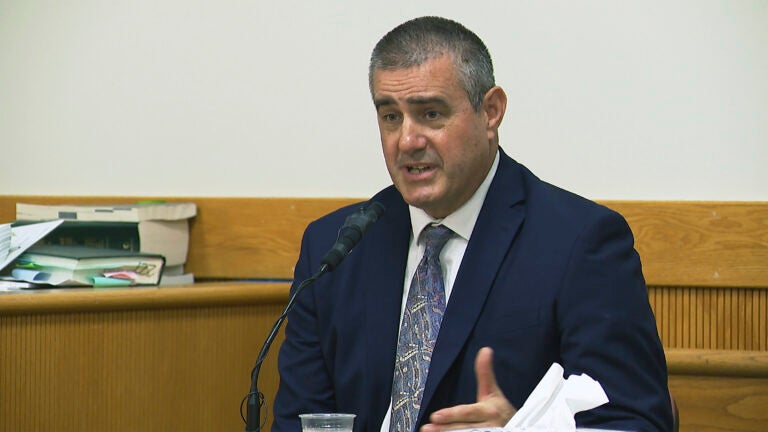
PROVIDENCE, R.I. – A Rhode Island jury has acquitted a former high school coach of serious charges, concluding a controversial trial.
Breaking: Verdict Reached in High-Profile Trial
A jury has found former Rhode Island high school basketball coach Aaron Thomas not guilty of second-degree child molestation and second-degree sexual assault. The verdict was delivered on Monday, after a trial that scrutinized Thomas’s decades-long practice of conducting “naked fat tests” on student-athletes.
Instead, the jury convicted Thomas of the lesser charge of misdemeanor battery. The decision followed an agreement between attorneys that allowed the jury to consider this lesser charge.
Immediate Impact
The trial, which lasted nearly six weeks, centered on allegations that Thomas had used his position to conduct inappropriate examinations on male students at North Kingstown High School. Defense attorneys argued that while the tests were inappropriate, they did not constitute criminal behavior.
“We are very satisfied that the jury saw the case as we saw it, no sexual intent whatsoever,” said defense attorney John MacDonald.
Key Details Emerge
Prosecutors contended that Thomas’s actions were a guise for misconduct, allowing him access to students in compromising situations. Attorney General Peter Neronha emphasized the impact on the victims.
“Above all else, this case is about the victims who suffered greatly behind closed doors,” Neronha stated.
Neronha also highlighted the limitations of current laws, noting that the statute of limitations for second-degree assault in Rhode Island is three years, which he aims to extend to ten years.
By the Numbers
- 600+ students reportedly examined by Thomas
- 80% of students reportedly removed underwear during tests
- 2 students involved in the specific charges
- 1 year maximum sentence for misdemeanor battery
What Comes Next
Sentencing for Thomas is scheduled for June 26, where he faces up to one year in prison and a possible fine of up to $1,000. The charges in this case specifically related to incidents involving two former students, one of whom was under 14 at the time of the alleged offenses.
The defense challenged the reliability of the testimonies from these students, citing mental health issues and potential motives linked to a separate civil lawsuit.
Background Context
Throughout his career, Thomas conducted body fat tests in private settings, initially in a small room and later in his office. He acknowledged during the trial that removing underwear was not necessary for these tests, and experts testified that his methods lacked scientific validity.
More than a dozen former students, along with law enforcement and body composition experts, provided testimony during the trial. The case has sparked discussions about the responsibilities and boundaries of educational professionals.
Expert Analysis
Legal experts suggest that this case could influence future legislation regarding the statute of limitations for such offenses. The outcome has also prompted schools to re-evaluate policies to prevent similar situations.
The announcement of the verdict comes as communities continue to grapple with the balance between trust in educators and the protection of students.
As the legal proceedings draw to a close, attention now turns to the broader implications for school policies and the potential for legislative changes aimed at protecting student welfare.







